|
The first year of a child's life is full of change. Every day brings new development and growth. Here are some things to look for and expect in your baby's first year. During the first month you will be establishing routines, only to find everything changes as soon as the routine seems set. In another article we discussed all the things you need to do to stay healthy and strong for your new baby. You can read that article here: 2-3 months: establishing routines After the first month with your new baby you begin to have routines. Eating and sleeping should begin to have an order or pattern, even if it's not exactly the same every day. Your baby will begin to recognize the human face and prefer it to all other shapes. Bold shapes and defined colors will draw your baby's attention. Your baby will begin to recognize you as mom or dad and prefer your face over others. Before your baby becomes mobile is a good time to be sure your house is child-proof. Put outlet protectors in all unused outlets, get child-proof locks for your cabinet doors. 6-7 months: introducing solid foods Your 6 month old will begin to sit independently. And will want to eat solid foods. Discuss with your pediatrician the types of foods to introduce first, but usually bland, gentle foods that are mashed up are recommended. Applesauce, infant rice or oat cereal, and mashed banana are all good first foods for your baby. First foods: baby rice cereal baby oat cereal Then add fruits and vegetables - all pureed: sweet potato pumpkin butternut or acorn squash, or other similar squash carrot applesauce bananas pear plum DO NOT feed your baby of this age: shellfish nuts nut butters 8 - 14 months: Walking, new foods, talking Walking: Babies generally begin to walk sometime between 8 and 14 months, so you will most likely begin to see activity in that direction. Pulling up from sitting to standing, taking wobbly steps while holding onto the furniture or your hand will probably begin during these months. If you haven't already child proofed your outlets, cabinets and stairs, you must now. Your child is about to become completely mobile and eventually will be able to run faster than, or at least as fast as, you. New foods: You can begin to introduce more foods as your baby tolerates the simpler ones. You can purchase already prepared baby foods or make your own. Making your own can be as elaborate as pureeing unseasoned separate foods in a blender or as simple as mashing what's on your plate with your fork. If you haven't already graduated your baby into a high chair or snap on table chair, you certainly can as soon as your baby sits up well. Be sure the chair has a horn that fits between the legs so baby doesn't slip out of the chair. If the chair doesn't have a belt, you can use one you own, or create one with a rope or a tie from a piece of clothing. Talking: Your baby will begin making vocalizations, like cooing, at about 2 months of age. This vocalization will continue until you can begin to understand words. Dada is often the first word babies say, the Mama a close second. Model speech to your baby and let them know you are trying to understand them. Many parents use sign language with their young babies to help them communicate with motions before they can speak. This can help your baby feel less frustrated. 15 months and older: Childproof your house!! Once your baby starts to walk, everything becomes a little more challenging. If you haven't already done so, you will want to install a gate at the bottom and/or top of staircases. You may find you have a climber on your hands or perhaps an escape artist that would challenge Houdini. You will need outlet covers, cabinet stops, cords off the floor, breakable objects moved out of reach. Mobile babies require some of the most intense attention to keep them safe. Put up as many barriers as possible and explain every time your baby goes into an area that is off-limits, that he must not go there without you. They will eventually understand you. Article by Ruth Grunstra
All Rights Reserved ©2016
0 Comments
Leave a Reply. |
Hi I'm RuthWhat is the biggest challenge you are facing with your children? My husband and I have 8 children and have been married since 1980. We are always learning new ways to engage our kids. We would love to hear from you. Contact us and let us know what you have found that works and what doesn't. Or ask me a question. ArchivesCategories
All
|
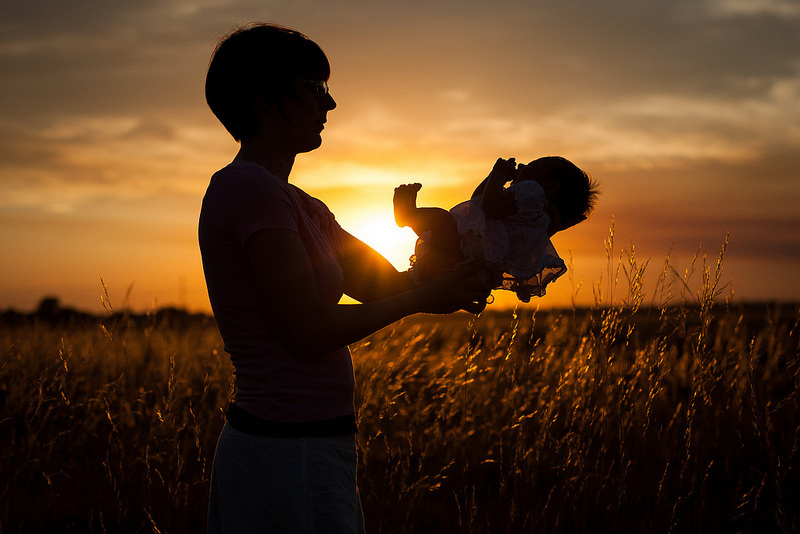

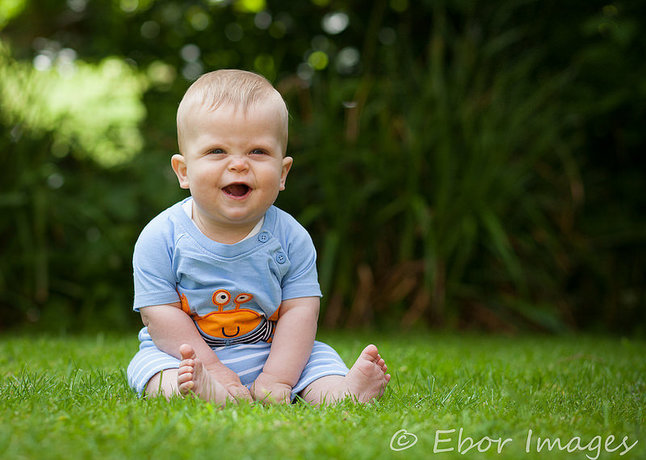
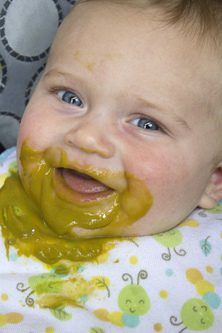
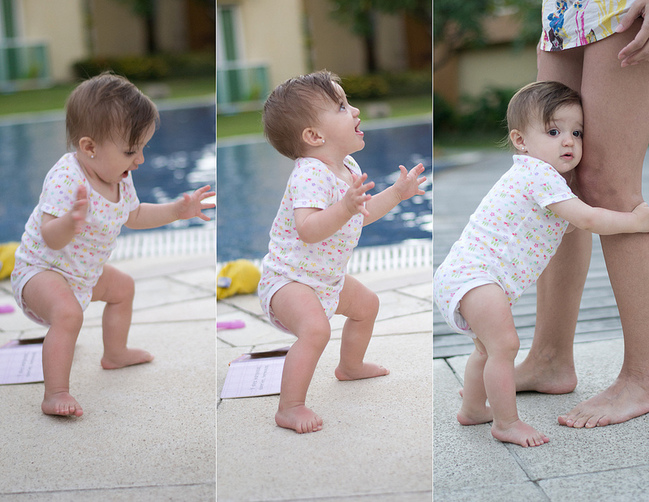
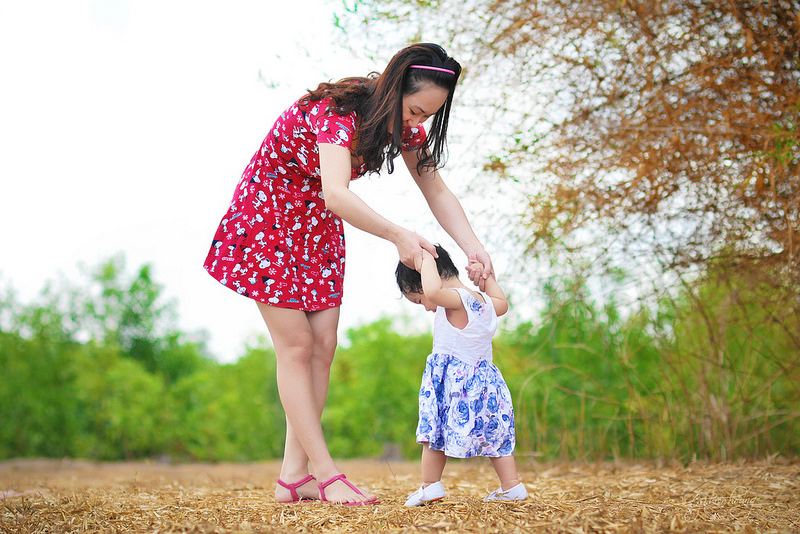

 RSS Feed
RSS Feed